Menopause is a natural stage in a woman's life, bringing changes that can influence sleep quality and psychological well-being.
In this article, we'll explore the causes of menopause, its impact on your life, and solutions that can help you improve your sleep during this difficult time.
Menopause and Sleep: Causes of Nighttime Disorders
Hormonal fluctuations, particularly the decline in estrogen, play a major role in sleep disturbances observed during menopause. These changes can lead to nighttime hot flashes, which cause frequent awakenings. Source: WHO
In addition, it has been observed that anxiety and depression, often exacerbated during this period, also contribute to the onset of more or less prolonged insomnia .
"37% of French people are dissatisfied with the quality of their sleep"
Psychological impacts of sleep disorders related to menopause
The consequences of sleep disorders go beyond simple fatigue. A study reveals that 37% of French people are dissatisfied with the quality of their sleep , with a majority of women affected (44%). Source: Sleep Institute
This dissatisfaction can lead to:
- Mood changes : irritability, mood swings and increased sensitivity to stress.
- Cognitive decline : difficulty concentrating, memory loss and decreased alertness.
- Increased risk of depression : Prolonged sleep deprivation is a significant risk factor for the development of depressive disorders.
Duration of sleep disturbances during menopause
Sleep disturbances can begin as early as perimenopause and continue for several years after menopause.
According to some studies, about 50% of women experience these symptoms for seven years or less, while 15% may suffer from them for 15 years or more.
What solutions are there to improve sleep during menopause?
To alleviate these disorders, several approaches can be considered:
- Healthy lifestyle : Adopting a balanced diet, exercising regularly and avoiding stimulants like caffeine are healthy habits to adopt in your sleep routine.
- Relaxation techniques : One hour before going to bed, meditation, yoga, or deep breathing can help reduce stress and promote sleep.
- Cognitive behavioral therapies : These have been shown to be effective in some women in treating insomnia by changing sleep-related thoughts and behaviors (especially when lack of sleep is linked to anxiety about not falling asleep, creating a vicious cycle).
Some people also resort to medications such as sleeping pills, whether prescribed or not. However, the side effects of sleeping pills can sometimes have serious consequences for the individual, such as memory problems, concentration problems, tremors and dizziness, depression, and even, paradoxically, total sleep deprivation.
Easleep Premium : An innovative solution to support you during this period

Among the available solutions, Easleep Premium stands out for its scientific, technological and natural approach.
This device uses cranial electrical stimulation (CES) and EEG technology to improve sleep, alongside relaxation, meditation, and scientific ASMR modes.
Easleep offers a relaxing and customizable experience via a smart app, helping you fall asleep from the very first use. The mask is comfortable to use, easy to recharge, and encourages better sleep hygiene, with the added bonus of a personalized sleep plan and daily analysis of sleep status and quality.
By adopting these strategies and equipping yourself with the right tools, it is entirely possible to regain restful sleep and go through menopause with complete peace of mind.

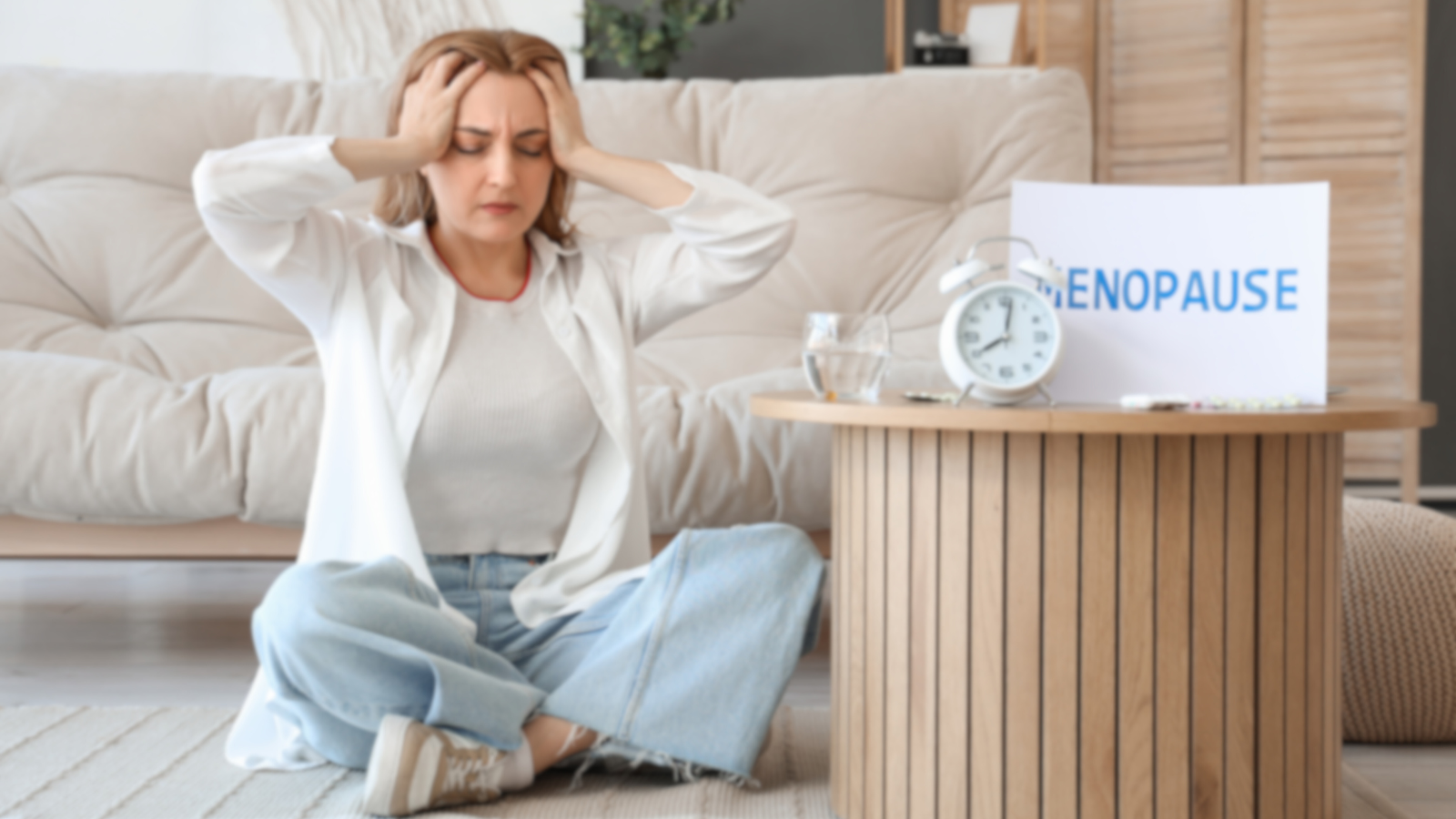

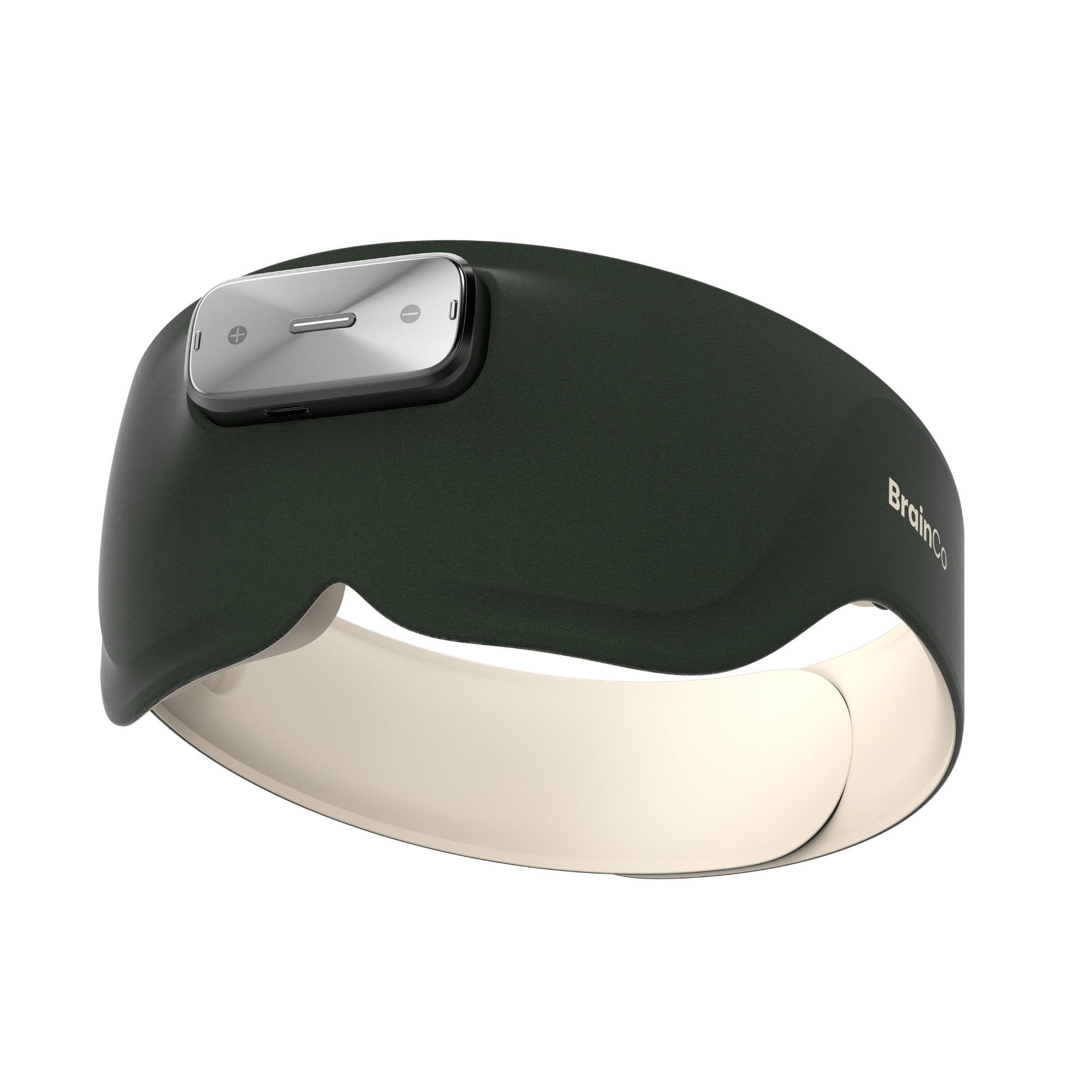
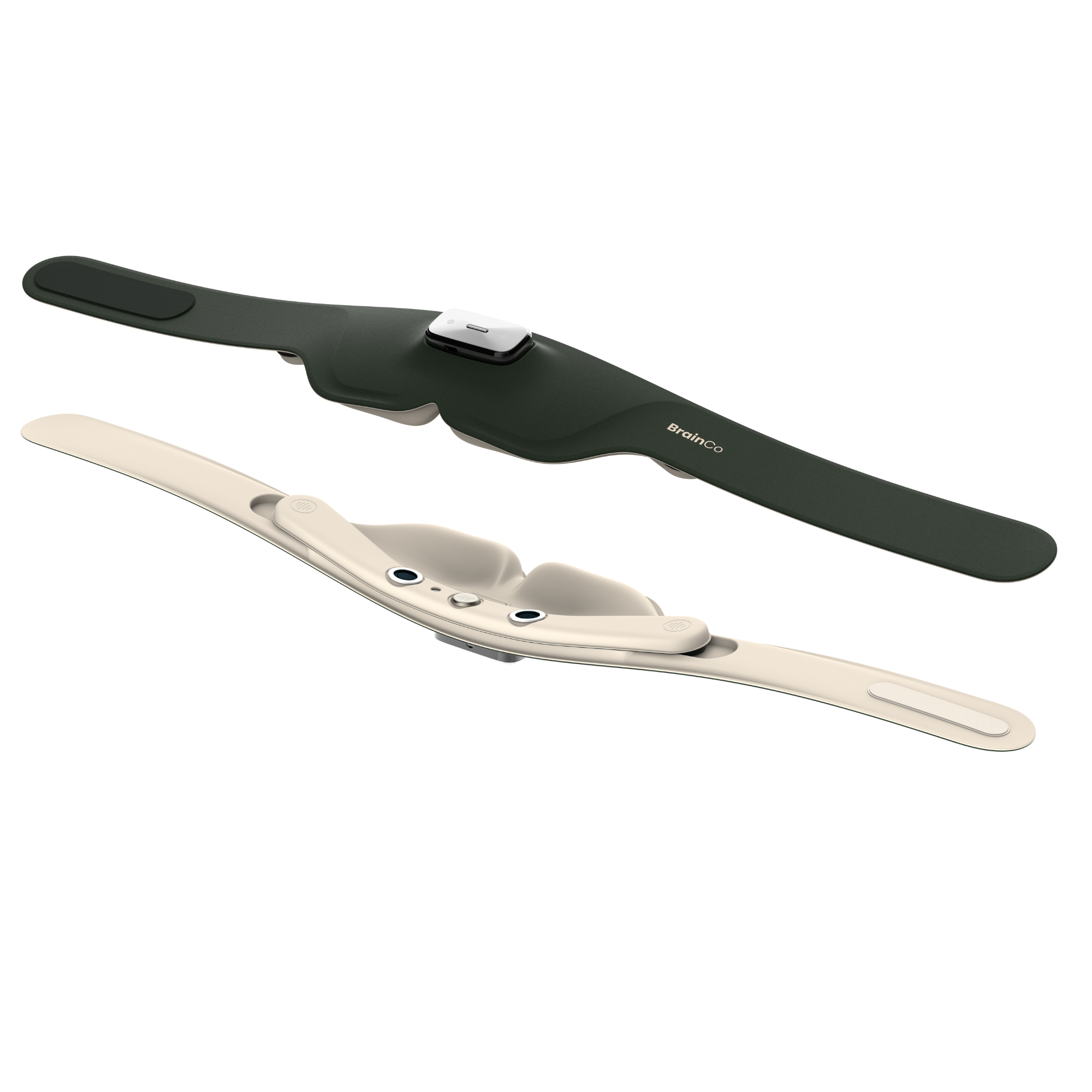

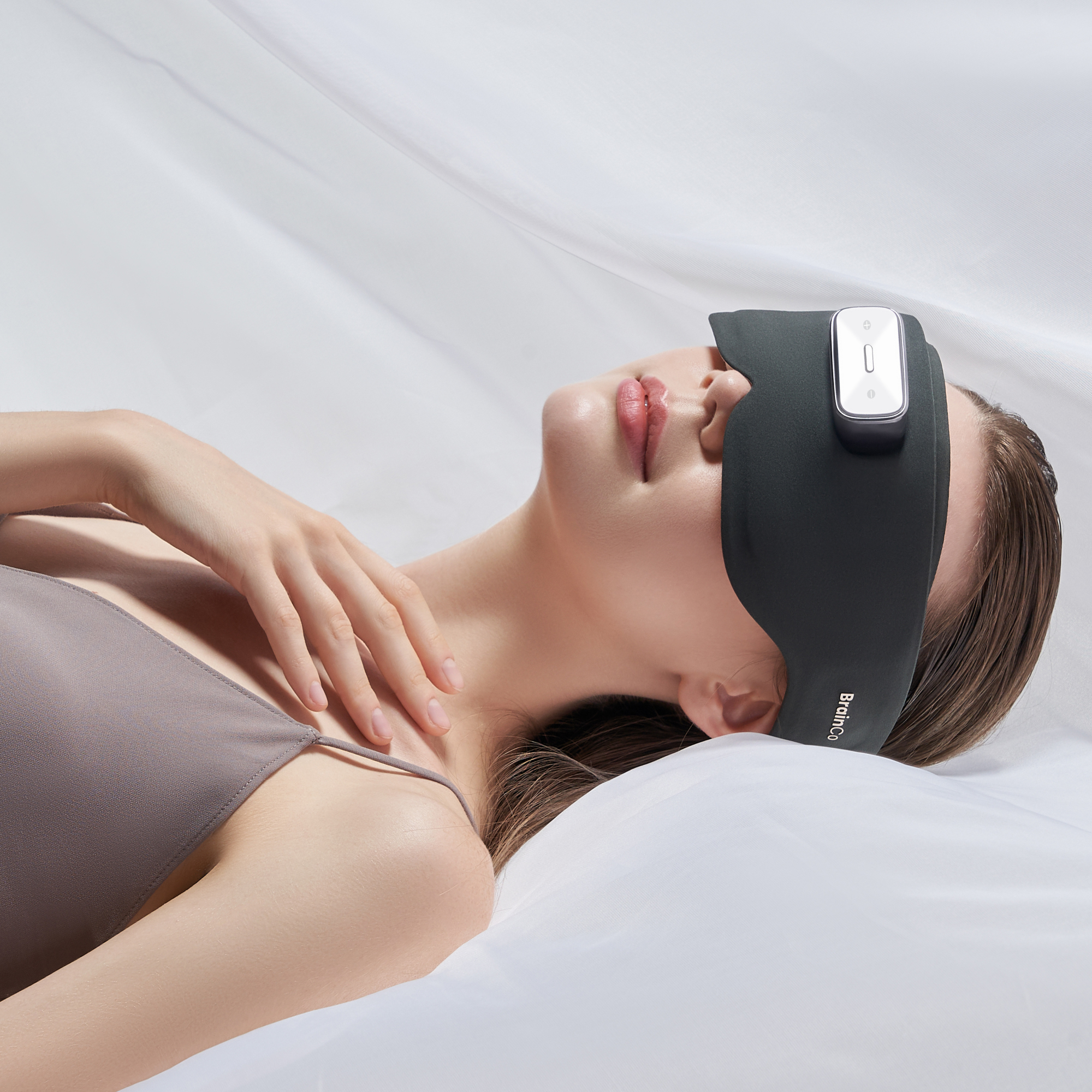
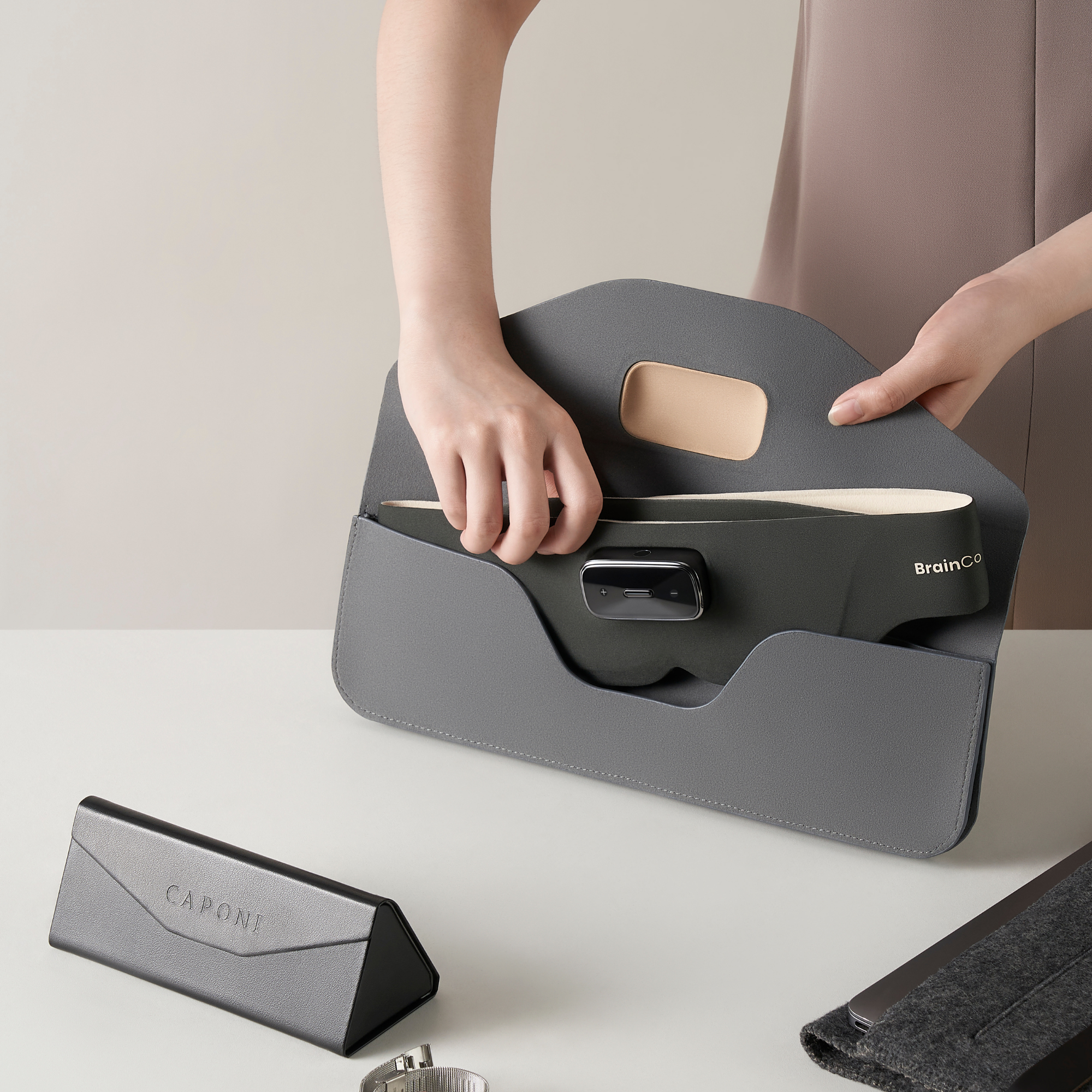

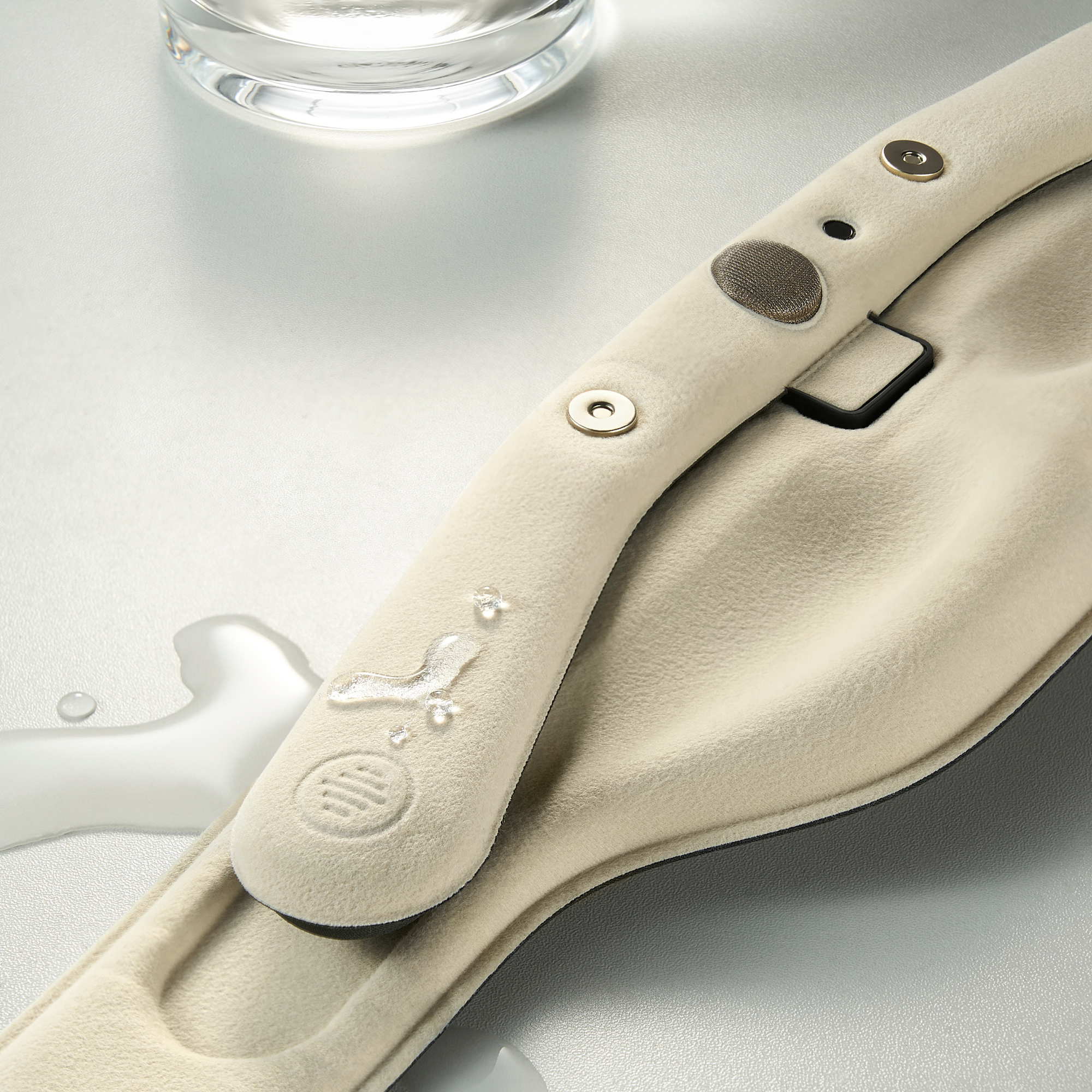
Share: